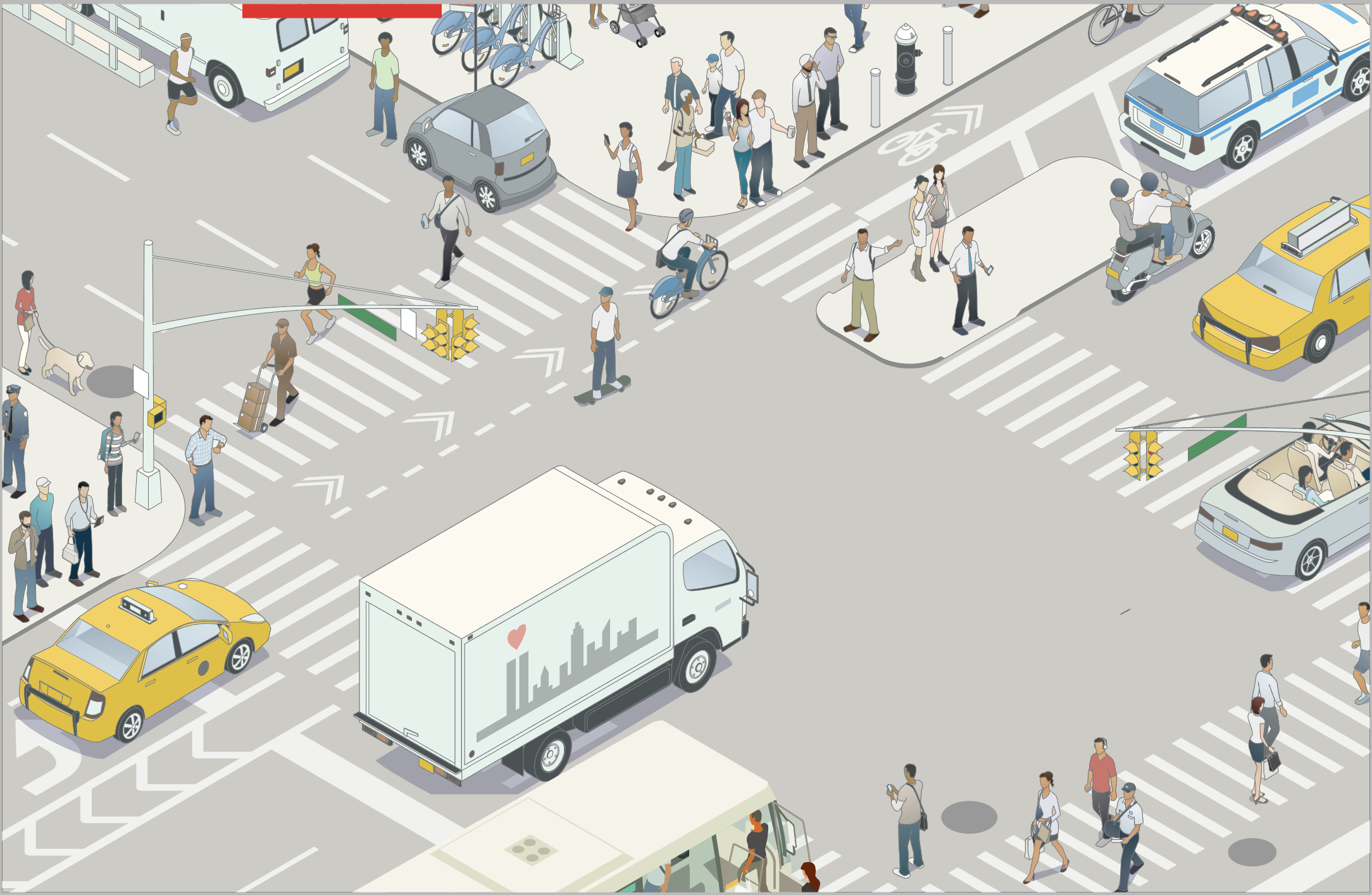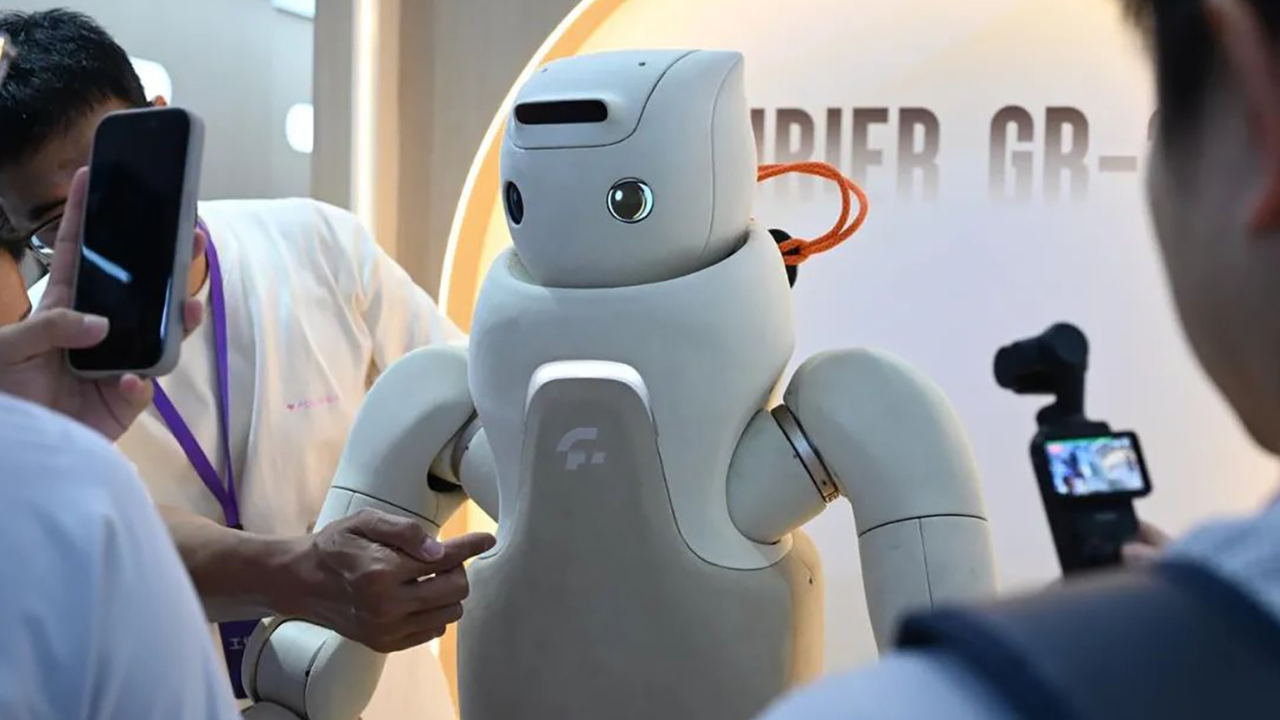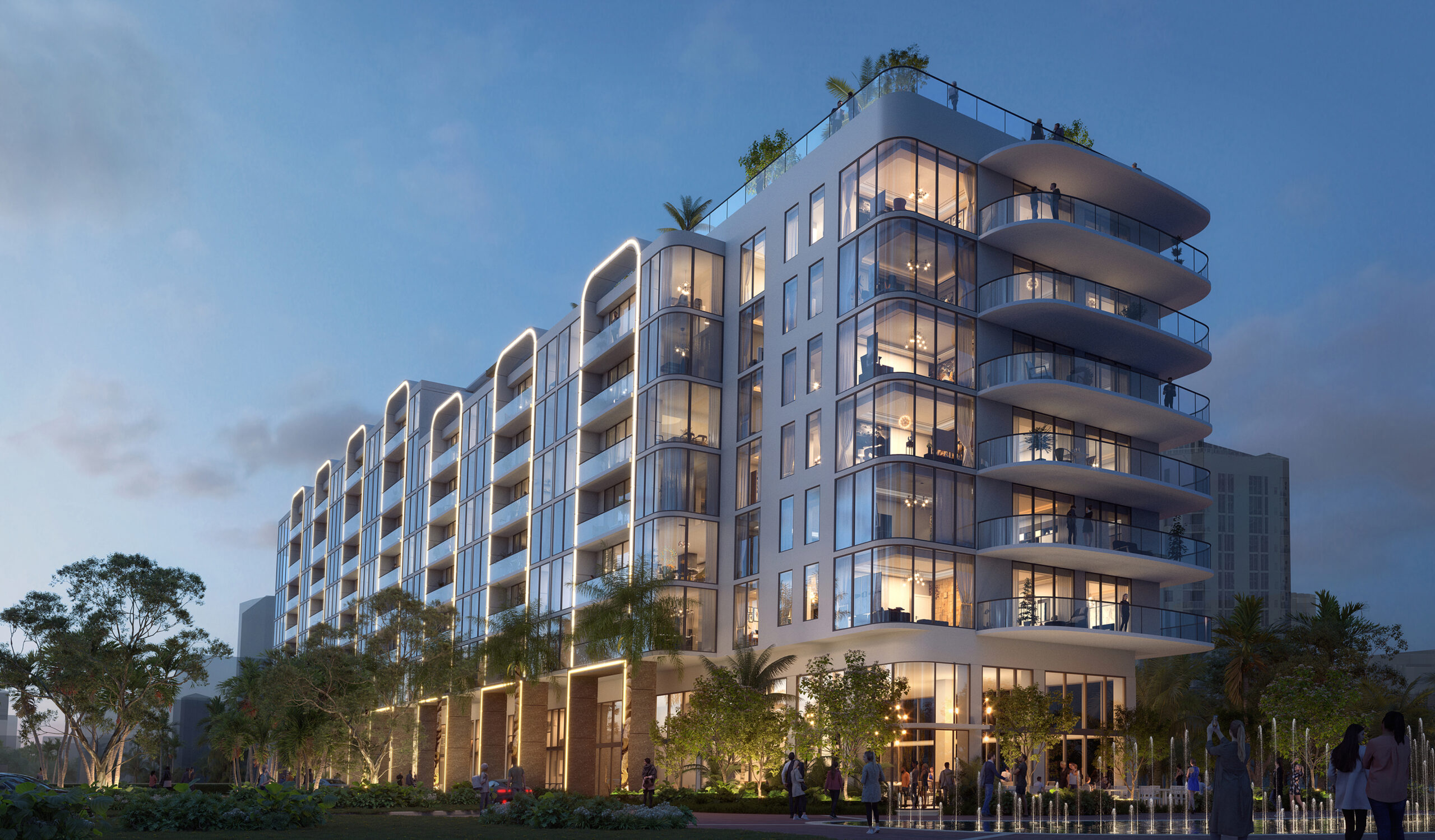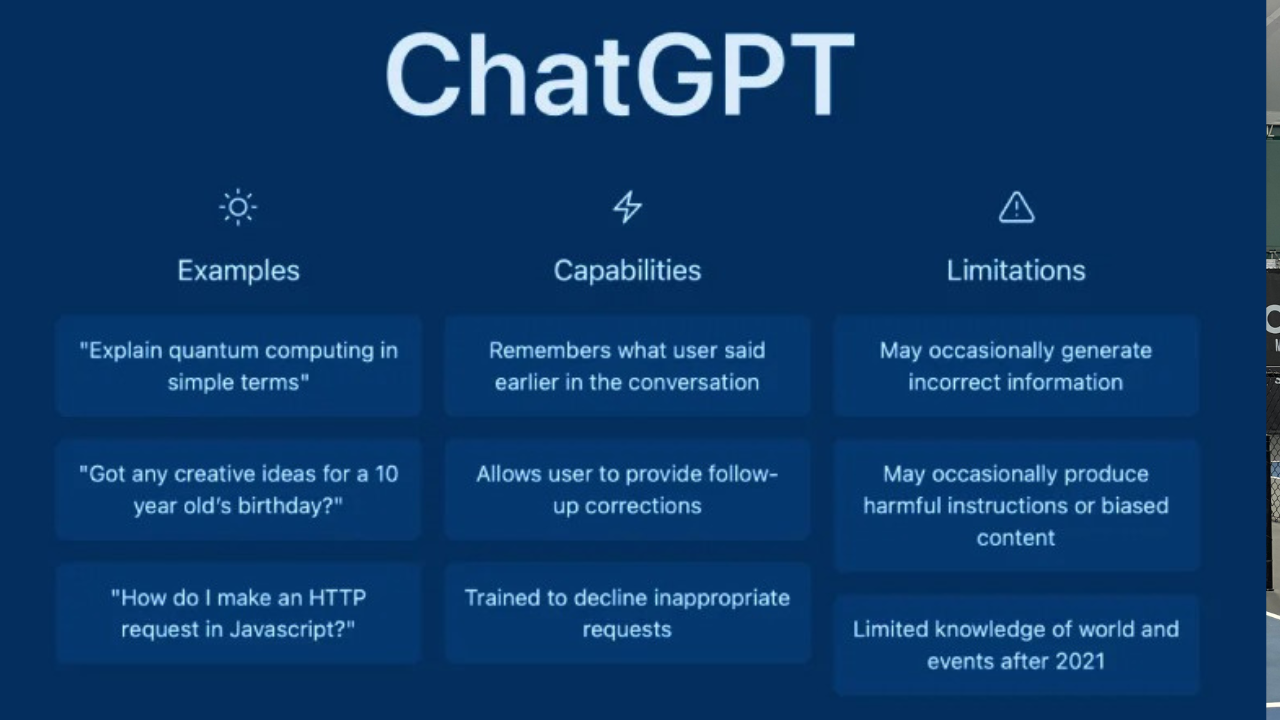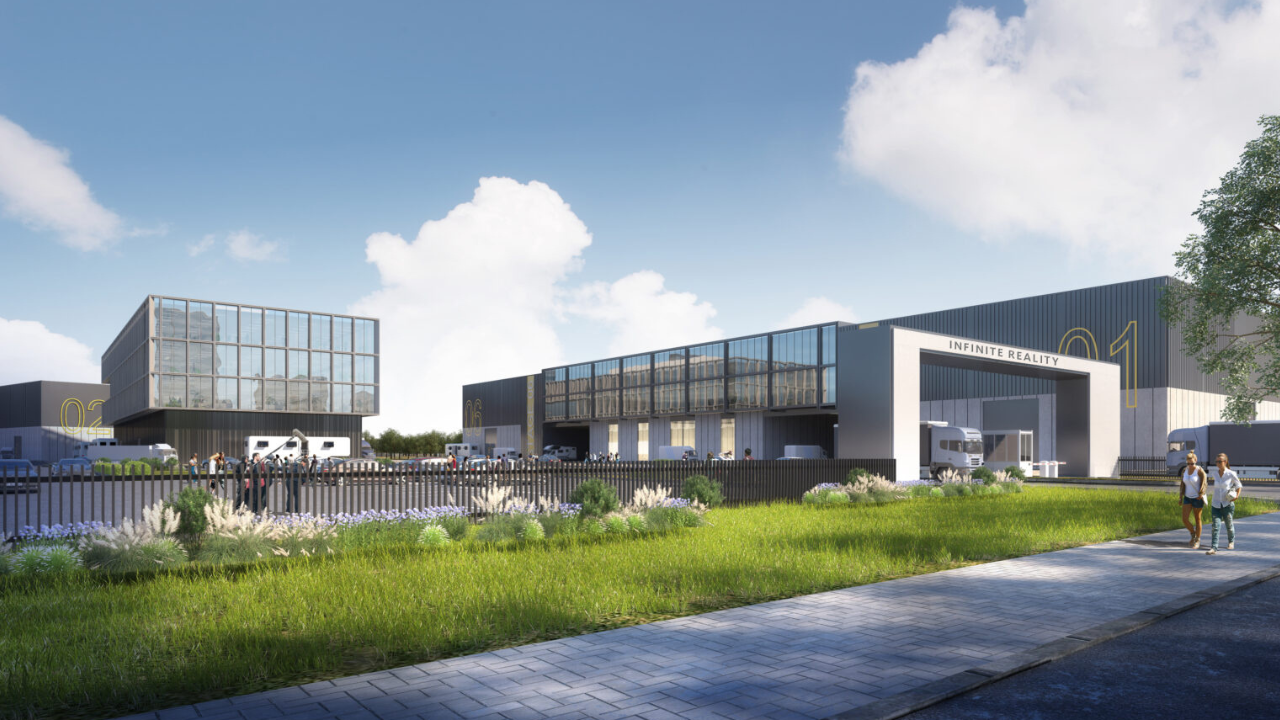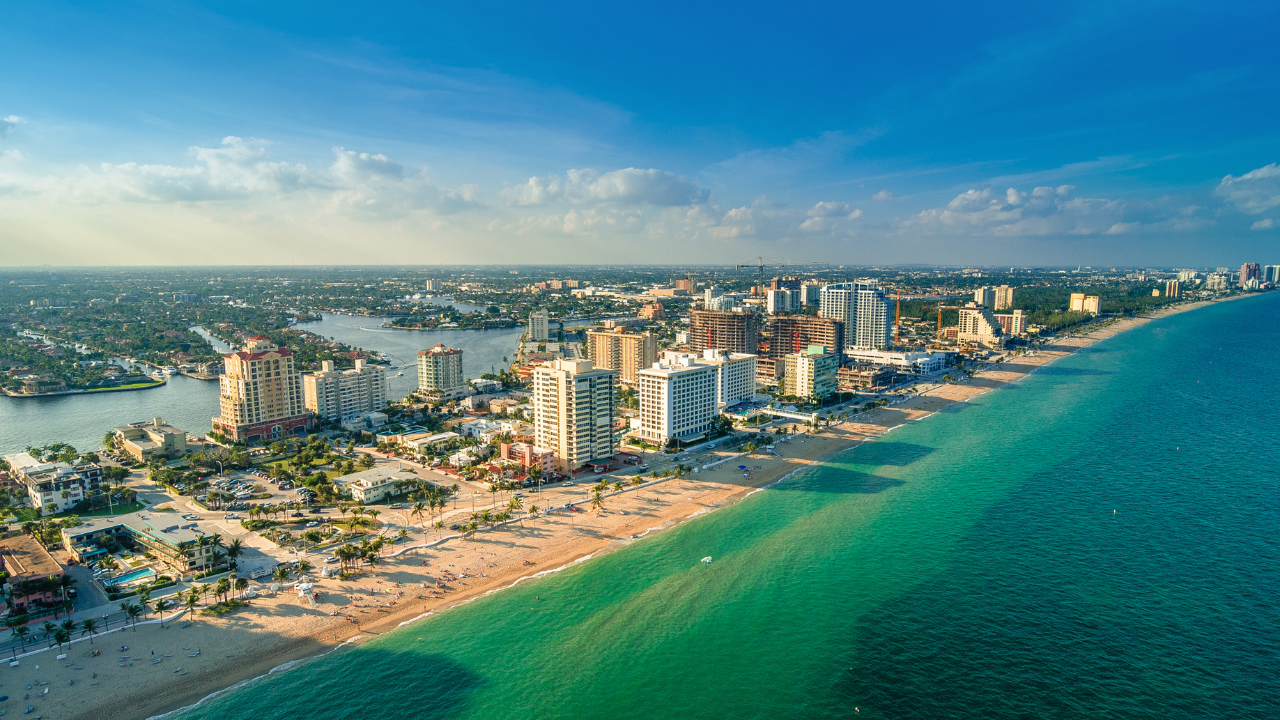The final installment of SFBW’s three-part Virtual Connect series recently concluded with a discussion on how private and government entities can ensure equal transportation access to all South Florida residents. The “Virtual Connect: Social Equity and Transportation” forum was moderated by Anthony Abbate, professor at Florida Atlantic’s school of architecture. Abbate was joined by Greg Stuart, executive director of the Broward Metropolitan Planning Organization and U.S. Rep. Ted Deutch, who has served Florida’s 22nd congressional district since 2010. Deutch joined the panel from Washington, D.C., where he was in the middle of debating the Build Back Better bill to provide funding for infrastructure needs across America.
Serving Constituencies
Abbate: This is our final installment in the series. And it’s going to be an interesting one. We have a guest speaker today from Washington, D.C., Rep. Ted Deutch. Congressman Deutch has proven himself to be an energetic advocate for the priorities of his constituents here in South Florida. His priorities in the 117th Congress include promoting economic opportunity in South Florida and fighting for full equality and equity for all. And we will be featuring Greg Stuart, who is the executive director of the Broward Metropolitan Planning Organization, which spans two transportation districts and 33 local governments. Greg brings more than 32 years of experience working in both the private and public sector, as public sector experience includes progressively responsible management at the municipal, county and state levels. Greg is focused on land use transportation and environmental planning, which are all intertwined. He has secured millions of dollars in federal appropriations for major transportation projects, modified state rules to facilitate traffic mitigation and stimulated redevelopment efforts in helping to implement a dynamic water reuse project as well. Greg’s private sector experience includes component manufacturing, logistics, zoning and land use.
South Florida, as we all know, is experiencing a boom as companies moved their headquarters and employees when they decided to relocate here. Today, we’re going to explore the region’s transportation infrastructure and its capacity to provide affordable and flexible options for access to employment and to all the other things we use transportation for. This is the final installment in our series focusing on the Broward Metropolitan Planning organization’s “Vision 2100,” which calls for paradigm shifts to address our growing population, the increasing cost of transportation and housing, limited access, climate change, funding and revenue challenges.
Welcome, Congressman. We’re pleased to have you joining our panel. You’re up there and we’re really keen on hearing what’s happening in Washington.
Deutch: I’m thrilled to be able to join you only for a few minutes because what you’re talking about is so clearly important for the future of our community.
Abbate: Thank you, Congressman. I’m going to open it up to some questions from our audience. The first question is, are there alternative modes of mass transportation being considered in the infrastructure bill?
Deutch: The infrastructure bill makes this the first really significant investment in rail in decades. That’s going to be a real important piece that the bipartisan bill tackles infrastructure more generally and in lots of the existing types of mass transit. The piece of legislation also recognizes that if we’re going to be investing in transit, we can’t make those investments without also considering the impact on climate. And so the investment in “green” school buses and public transportation, electric vehicles, obviously, the infrastructure plan makes a major investment in the grid, ultimately increasing the number of car charging stations. All of that is significant. And while it’s not specifically a legislative piece of transportation, in terms of mass transit, I think that there’s going to be a lot of opportunities to use those investments in the grid as we see more self-driving cars and other types of innovations move forward.
Abbate: How do we tie affordable housing to transportation to avoid the increase in rent and or ownership?
Deutch: Well, it’s a really important question that I think a lot of us would have answered that question maybe a little bit differently two years ago than we do today. The sort of the knee-jerk reaction is that we have, and this is right, we have to make sure that people are able to get from where they work where they live, to where they work, affordably. There are significant investments, as I’ve talked about, but in terms of affordable housing and working, the moment that we’re in now coming out of the pandemic has highlighted one of the really significant disparities that affects the work-life balance and affordable housing, and that’s access to broadband. You can’t participate remotely if you don’t have access to high-speed internet. And that’s why we’re making such a significant investment in high-speed internet so that people won’t be forced to move and then incur higher commuting expenses. That’s going to have a direct impact on people’s ability to do work and do their jobs without seeing skyrocketing housing costs.
Abbate: Thank you. We have a couple more questions here. And they keep coming in, which is great. Can you share some transportation infrastructure initiatives that will impact Broward County? And how?
Deutch: Well, yes, from the funding that’s in the legislation and when we did the safe streets and the investments, the money set aside for resilience. We’ve been through some specific streetscape issues in the original bill that we’re going to have to work to make sure we get funded from the larger pool of money that comes from the legislation that we’re going to pass this week. All of that will be able to impact earnings, but I don’t have specific projects. That’s going to be something that develops as we go forward. But the ability for Broward to tap into funding—in particular, the new modes of transportation, the ability to invest more in charging stations, building out the grid throughout the entire county, making sure that everyone has access to the fastest internet—all of that will be beneficial.
Private and Public
Abbate: And I also think Greg Stewart might be able to talk a little bit about what’s in the pipeline for Broward County specifically. Many local businesses are on today’s call. Another question is, “What are some ways business owners can get involved to help improve social equity in transportation?”
Deutch: Well, I would defer to Greg on that one. Because I think one of the things that we’re going to try to do when we pass legislation and when we start to see these investments made is recognize the importance of local governments, local planning organizations playing a more central role in all of the decisions that are made about investing. So for local businesses, in terms of what they can do specifically on equity and transportation, they should participate in those discussions and should also acknowledge that they’re thinking about their businesses going forward. The success of their business and is tied directly to the types of employees that they have and the quality of employees and making sure that they’re considering everyone throughout the community. And that’s going to mean making sure that everyone will be able to access either the transportation to get them into their business and/or high-speed internet to be able to access it from where they are. That’s the decision-making that I think businesses need to keep in mind. It’s not just a matter of opening up an office and recruiting people to come to the office. It’s recognizing that if we have a fully functioning and more equitable transportation system and broadband capacity, then the range of people of quality employees representing the full community and the full diversity of the community should be easier to access. But it requires, I think, a change in mindset from the way things traditionally have been done.
Abbate: I think on a related note, regarding the business community’s participation, we have another question. How can private corporations invest in public mass transit?
Deutch: Well, I think it’s a good question. The importance of public-private partnerships going forward and, as this plays out, finding ways to capitalize on those is one way. The other way, again, as businesses are thinking about their business and their employees, if they think about the whole picture that goes into their employees, that’s what we’re trying to do in that Build Back Better bill, which is making sure that people have access to childcare, making sure that if someone’s sick, that they’ll have paid leave, thinking about the whole piece of this, which is not just what happens when their employees are in the office but getting from where they live to the office, either directly or virtually. And they’ll be opportunities for them to invest to make that possible. I know Greg will have some ideas, too, in terms of not just the actual buses that people are on, but the kinds of investments companies can make into that whole ecosystem that will get their employees into their office.
Abbate: The next question might even offer another opportunity, which is this idea of the first and last mile, which has hindered the use of public transportation, particularly here in South Florida. So, perhaps, can we re-envision partnerships, opportunities with rideshare operators, or other ways of getting from the mass transit mode to a destination?
Deutch: If transit is real or virtual, I think you have to consider both. If that becomes a central part of how you think about your workforce, then it will only make sense to make those kinds of investments so that, as I said before, you’re able to capitalize on the full range of diversity and experiences of talent all throughout the county and South Florida.
Stuart: And before you go, Congressman, I do want to tell you, thank you, just from my own perspective, here in South Florida, I know what you’re doing up there more than most people do. But it’s probably one of the times in our lives that we’re going to see the most change if everything moves forward. And the Build Back Better plan, which is the reconciliation bill, along with the transportation bill, those two things together will be more transformative than the 32-plus years I’ve been doing my job in actually making a difference to our communities. We appreciate it.
Deutch: Greg, I appreciate it and thank you. And I wish everyone well. We’re not at the finish line yet, but we’re working hard at this. And it will absolutely be transformative if we get it done and I hope to stay here as long as necessary to make that happen. So, thanks, everyone; it was great to be with you.
Abbate: So we’re going to have a conversation with Greg Stuart now and there are a lot of questions that were posed here to the Congressman, but a lot of these could be answered by Greg just as well. The first question has to do with how the infrastructure bill, specifically, with any public funding we get, how will that fund greater accessibility and accommodations?
Stuart: Within the transportation bill as it’s currently written, and then the bipartisan bill that came out of the Senate is now sitting over at the house for passage to the president, there is a whole area that actually deals with accessibility issues, and actually increases funding for local projects like these last-mile projects, like the accessibility projects I was talking about. It’s like a 32% increase from today. But in the last two years of the five-year authorization, it’s an over 100% increase in the amount of money that’s available to actually build these projects. So that’s where that transformative piece comes in. Because I think, basically, the way they set this up, both republicans and democrats did a great job in setting the bill up, saying, “OK, well, you have this increase, and you can start preparing for it in the first three years. But by the fourth year, all this money does come down to build these projects and in a very big mass.” And that’s going to be one of those moments in time where it will be completely transformational. If you look at how Miami-Dade and Broward, with our surtaxes, are moving forward with other forms of transportation and transit, other than highway projects. And, all of a sudden, if we tie what the two counties are planning on doing with their infrastructure on transit to the federal infrastructure money that’s coming down for local governments to tie it together that quarter-mile, last-mile connectivity, all of a sudden, you’re going to see a massive convenience, to be able to use this other investment in transit.
Connecting Communities
Abbate: Are there any plans or updates to these concepts that might help us envision how this is all going to come together so that we truly have a fully integrated mass transit network?
Stuart: And, actually, the answer to that is yes. And there’s a positive future to this as well. Right now, Broward County government is moving forward with a transit systems master plan for themselves and what type of system they’re going to operate into the future. What we’re looking at the MPOs here in South Florida, all three of us, is that connectivity to the systems that are being planned and proposed. So let’s look at Hallandale and Hollywood, or Wilton Manors and Oakland Park. We know that the county, along with the Florida Department of Transportation and the three MPOs, are all moving forward with a local commuter rail on the FEC [Florida East Coast railway] where Brightline is currently operating. And that opportunity right there for the connectivity between those cities are going to be the important part.
Tony, I remember working with you years ago with the design guidelines as to, what does that actually mean to have shelter in South Florida? So how does somebody get around that needs to actually get there in an environment that gives them some shade, that gives them some shelter from if it is raining? And then able to go from one mode to another from a sidewalk to a bus or to a train, and then back. And that infrastructure is what we’re going to be focusing on, the three MPOs here. So Miami-Dade is already on its way with its south corridor, its busway, and how that busway is going to interconnect with the neighborhoods. At the Broward MPO, we’re actually looking at those connectivities on the FEC project on the rail project to the east. But then, as Broward County moves forward with additional rail, maybe, hopefully, in the State Road 7 corridor, and maybe, hopefully, Broward Boulevard, maybe Oakland Park Boulevard, we’ll see where they propose. Those are all areas that are needed. And so you can kind of see how that connectivity will happen. And how we provide for the greatest movement with the best comfort possible. And I think that is going to be one of those challenges because that will actually provide equity to everybody.
Abbate: It definitely will. I think it’s interesting because the internet is clearly is a component of this whole connectivity and providing exchange. This issue of high-speed internet, right? And clearly, we know, at least I remember from my early work at the county, there were neighborhoods and ZIP codes where the internet service was deficient or even nonexistent. The level of service wasn’t there. So the question we have is what is the minimum service for high-speed internet? And how will this build-up be encouraged?
Stuart: Right now, we’re looking at the expansion of and creation of what is a 5G network, that broadband side of things that are actually providing access to everyone that’s going to actually grow even further. And you know, over the time period of the bill, the five years, this transportation bill includes broadband communication, and it will actually lay out the systems and layout a universal system for all the United States. So that way, it’s a shared system. It’s not unique to Comcast; it’s not unique to Verizon; it’s not unique to Sprint. It becomes this is the U.S. network, and you’re in the United States, and you have this ability, whether you’re in Okeechobee, Florida, or you’re in downtown Miami, you have that same ability to get access that everybody else has, there’s that minimum, and that minimum design is going to be beyond our expectations that we have now.
Abbate: One of the challenges that I discovered working with the county and envisioning transit-oriented, or transit housing-oriented development, was this idea of building trust in these communities in certain communities where, you know, given the history, or transportation policies, or contributing factors to discrimination, and really entrenching poverty. How can we build trust to overcome those histories and what can we do, what can the business community do, what can agencies do to overcome this level of trust to be able to get these projects that will actually benefit the community? What are your thoughts on that?
Stuart: If you look at the way the bill is, and there’s a piece called “Connecting Communities.” If you look to Miami’s Overtown community or Fort Lauderdale’s Sistrunk area, where [Interstate] 95 drove right through the center of both of the communities. You go to where I used to work up in West Palm Beach and look at the neighborhoods that were separated by transportation uses, including the railroad tracks, and go, OK, these are areas where we need to rebuild back the connectivity. The only way you can build trust back is to demonstrate it by actually doing it and it’s not what will this do; we need to understand what the community is afraid of and allay the fears. So that way, we’re not building bridges through neighborhoods because the land is cheap. It’s because the neighborhood needs this and this is what they want. And that, to me, is going to be one of the most interesting sides of this because that goes a long way to healing wounds that have been around our nation for over 200 years.


